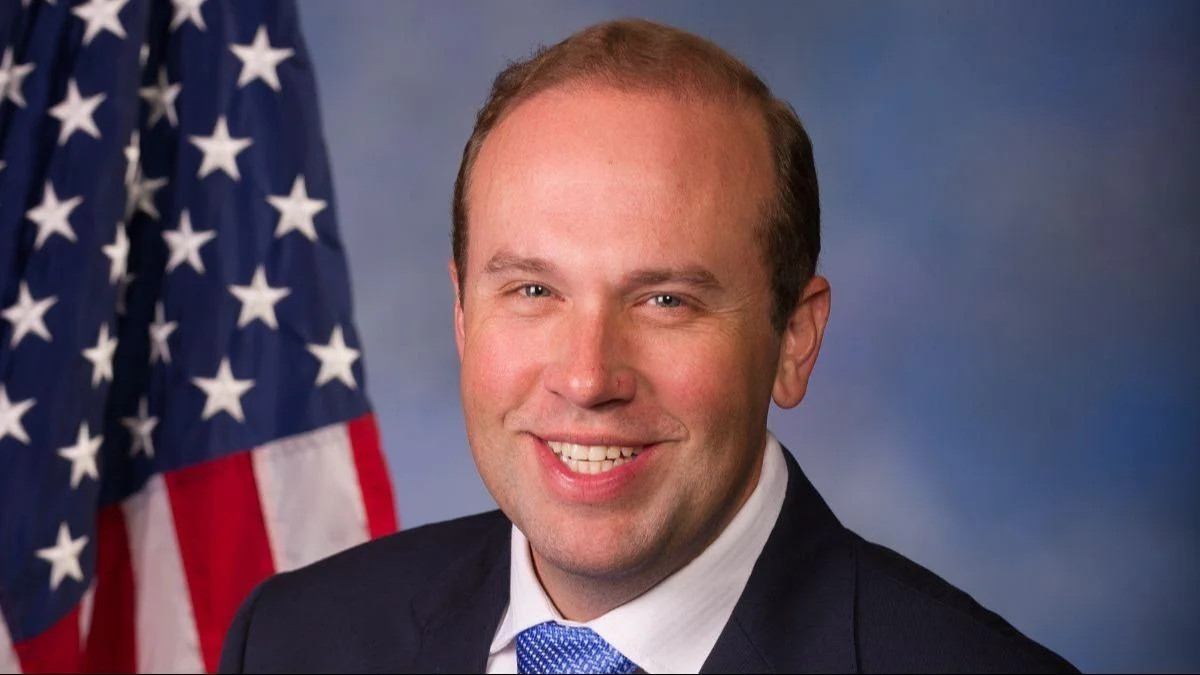Rep. Jason T. Smith, U.S. Representative for Missouri's 8th District | Congressman Jason Smith Official U.S. House headshot
Rep. Jason T. Smith, U.S. Representative for Missouri's 8th District | Congressman Jason Smith Official U.S. House headshot
Republicans are working to deliver tax relief for working families and small businesses by building on the success of the Tax Cuts and Jobs Act next year. The 2017 tax law is viewed as a blueprint for prosperity that should be made permanent, with all options considered to ensure low- and middle-income people benefit the most.
As chairman of the chief tax-writing committee in Congress, extending the 2017 Trump tax cuts and preventing President Joe Biden’s plan for a nearly $7 trillion tax increase in 2025 is a top priority. It has been emphasized that any future tax reform proposals must prioritize working-class people and small businesses.
The Ways and Means Committee has conducted hearings across the country this past year to gather input from those directly involved in America’s economy. Consistently, feedback indicated that the Trump tax policies were effective and are seen as key to economic recovery.
Pro-growth tax policy has historically been effective in lifting people out of poverty and improving their economic prospects. Following the passage of the 2017 Trump tax cuts, real median household income increased by $5,000, wages grew at their fastest rate in 20 years, and both poverty and unemployment rates reached their lowest levels in 50 years.
A 2025 tax cuts bill should not only aim to renew existing policies to prevent a significant tax increase on working people but also consider new ideas for tax relief that benefit workers, families, farmers, and small businesses. Former President Donald Trump’s proposal to eliminate income taxes on tips is highlighted as a straightforward way to provide immediate relief to working individuals.
In 2022, at least 5.5 million people had take-home pay largely comprised of tip wages. The average salary of waiters and waitresses was just over $35,000. Eliminating income taxes on tip wages is presented as an example of pro-worker tax policy providing targeted relief.
While Republicans develop plans to extend the 2017 tax cuts and offer immediate relief, Biden is pushing to end these cuts for families, workers, and small businesses. If successful, it is estimated that a family of four making $75,000 would owe an additional $1,500 in taxes. This would be alongside what some describe as a "20% inflation tax" since Biden's presidency began.
Following the 2017 Trump tax cuts, it was noted that the bottom 20% of earners saw their federal tax rate fall to its lowest level in 40 years. People earning under $100,000 experienced an average 16% reduction in taxes while the share paid by the wealthiest increased.
The article concludes by contrasting current economic conditions under different administrations: citing stagnant growth, prolonged inflation above 3%, and high-interest rates under current policies versus perceived benefits from previous policies.
This column originally appeared in the Washington Examiner.
___


 Alerts Sign-up
Alerts Sign-up